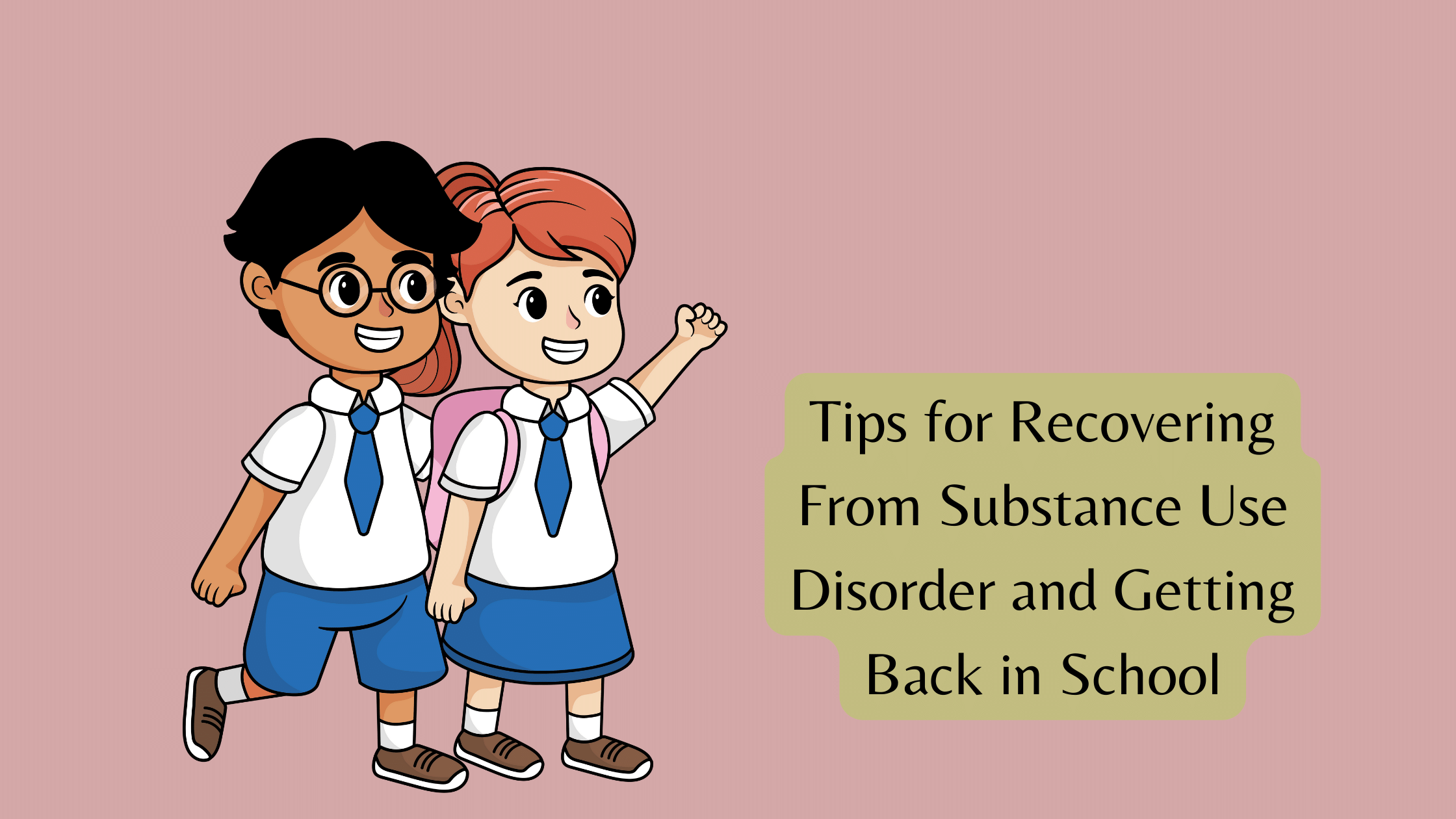
Recovery from substance use disorder is a journey that not only demands personal strength and perseverance but also a reintegration into the societal folds that carry an individual’s ambitions and dreams. Education is often a critical part of this reintegration process, enabling those in recovery to build a promising future. However, returning to school after or during recovery presents a unique set of challenges that require thoughtful strategies and resources. Below, we explore how individuals recovering from substance use disorder can navigate the path back into education and emerge successful.
Understanding Substance Use Disorder and Its Impact on Education
Substance use disorder (SUD) can profoundly affect an individual’s educational journey, often leading to disruptions in academic progress and performance. The challenges faced by those with SUD stem from both the physiological and psychological impact of addiction, which can hinder cognitive functions like memory, concentration, and motivation. This disruption makes it hard to maintain the discipline and focus needed for academic success.
Added to the cognitive impairments are the social barriers that individuals with a history of SUD may encounter. Stigma and misunderstanding about addiction can lead to a lack of support within educational environments, making the journey back into schooling even more demanding. Students in recovery often need to combat these societal prejudices while also managing their own mental health and recovery needs.
A successful academic re-entry starts with acknowledging these challenges and understanding the importance of a structured recovery plan. This can include the crucial step of detoxification, which sets the stage for long-term sobriety. A supportive opioid detox center in Scottsdale, Arizona, for example, can be pivotal in helping individuals take the first step towards reclaiming their educational aspirations.
Utilizing School Resources for Students in Recovery
Educational institutions often provide a wealth of resources tailored to assist students facing various challenges, including those in recovery. Utilizing academic support services such as tutoring, writing centers, and study groups can alleviate some of the academic pressures and enhance learning.
Many schools also offer counseling services that can support students in dealing with the stress and emotions associated with schoolwork and recovery. These services may also be helpful for dealing with any incidental relapse triggers that can emerge in high-stress environments typically associated with academia.
For individuals looking to expand their education while accommodating recovery needs, pursuing online degree programs can be an ideal option. For example, the University of Cincinnati’s online Instructional Design Master’s program can offer flexibility that allows students to continue their education while managing their recovery process without the need for a physical presence on campus.
Establishing a Supportive Network for Academic Success
Building a strong support system is essential for students in recovery. This network should include peers, academic advisors, counselors, and mentors who understand and support the journey back to education. Establishing such connections can offer the emotional support and guidance necessary to navigate academic challenges while maintaining one’s recovery efforts.
Within academic institutions, there are often groups and associations dedicated to supporting individuals in recovery. Joining these groups can lead to friendships with peers who share similar experiences and can relate to the complexities of balancing school with recovery. Such camaraderie builds resilience and reaffirms that one is not alone in this journey.
Family and friends outside of school also play a crucial role in establishing a supportive environment. Open communication about one’s needs and the stresses of school can ensure these personal relationships provide encouragement and understanding rather than becoming sources of unintended pressure or stress.
Overcoming Stigmas and Advocating for Yourself as a Student
One of the significant challenges for students in recovery is overcoming the stigma associated with substance use disorder. It is essential to understand that seeking help and working toward recovery is a sign of strength, not weakness. Embracing this mindset can empower students to advocate for their needs and rights within the academic sphere.
Advocacy involves educating peers and faculty about the realities of SUD and recovery. This can help in fostering a more supportive and inclusive campus environment. It also means standing up for oneself when confronted with bias or misinformation and requesting reasonable accommodations when necessary.
Overall, the journey back to school while recovering from substance use disorder is one that requires courage, resilience, and strategic use of resources. By understanding the challenges, building a supportive network, maintaining healthy routines, tapping into school resources, and overcoming stigmas through self-advocacy, students can navigate their educational pathways successfully. As society progresses, these efforts will not only aid individual recoveries but also contribute to breaking down barriers for future students in similar situations.